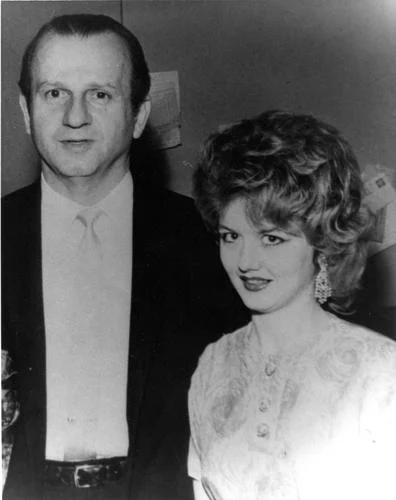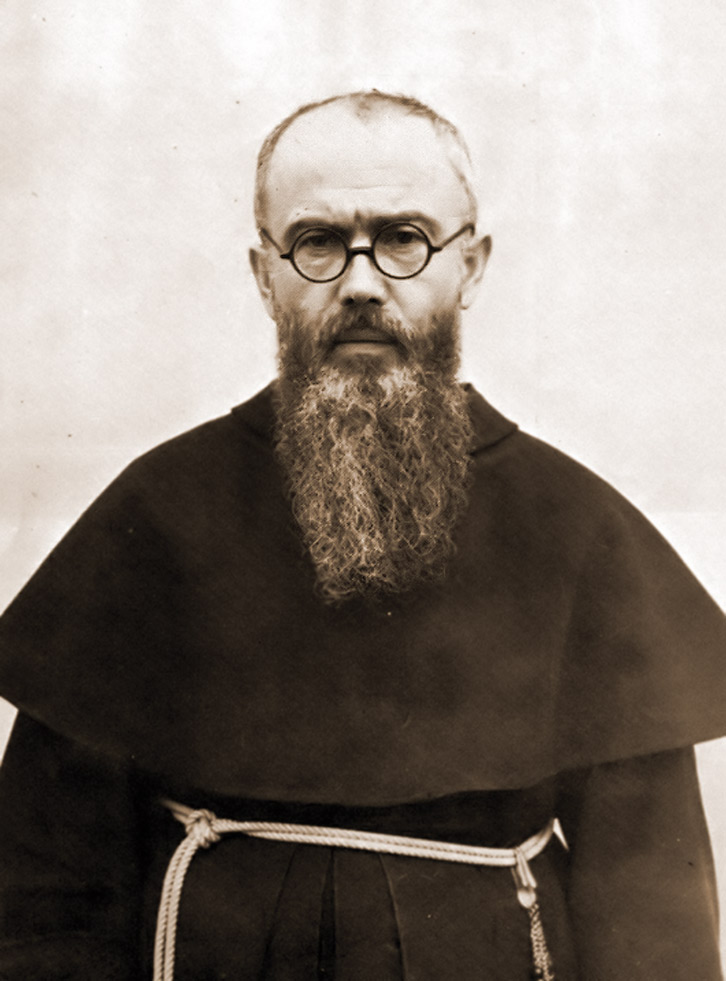What in the world have I wrought? I never anticipated that my two-part homage to Blackie Sherrod would have such a far-reaching and profound impact. My opinion is now sought on every subject from geopolitics to submolecular biology, a lengthy Wikipedia page about me has been written, I am being asked to give commencement speeches for $100,000 a pop, and some Pulitzer Prize people have started sniffing around. One of them e-mailed me and all but guaranteed that I will win. I had no chance to respond because Allen Iverson was on the phone, saying that he considers me cool—although I’m European-American and tattoo-free—and would I join his posse? Up to my eyeballs in flattery, I decided that I had done enough Scattershooting; I would never Scattershoot again; my Scattershooting days were over. If Sherrod were still alive, he would probably concur. “Stop when you are ahead, kid,” he would say. But when Shorty Next Door came knocking, I listened. She acted all nicey-nicey, asserting that I had changed the course of American journalism with parts I and II. Calling me a potent blend of Ernest Hemingway, Norman Mailer and Tom Wolfe, she begged me to do one more, urging me to knock it out of the park, slam-dunk it and put it to bed. I tried to resist Shorty Next Door’s blandishments, but she wore me down and I finally agreed. Here, then, is part III:
My former boss, Choi Kyu-pal, was an enigma. Sometimes he epitomized wisdom, kindness and generosity. Occasionally, however, he would say or do something that betrayed his insecurity. No fewer than four times, he informed me that he was “rich,” as if he deserved to be featured on Lifestyles of the Rich and Famous (see part II). He would then look at me and expect me to stroke his ego. Boss man wanted me to be impressed, but that did not happen. On the contrary, I felt nothing but piteous scorn for the old boy. While I hate to start slinging scripture, I guess I might have referenced 1 Timothy 6:6, “Godliness with contentment is great gain.”
….
There were Christians in France as early as the 2nd century, and the faith became very deep-rooted. Perhaps you know that it was in Tours, France that Charles Martel—one of my favorite historical figures—led his army to a resounding victory in 732, halting the Mohammedan push into Europe. Known as “the eldest daughter of the church” throughout the Middle Ages, France was a bulwark of Christianity. Virtually every man, woman and child of French descent was either a devout Catholic or Protestant, but trouble was brewing. Huge, opulent cathedrals were erected over the years, and wealth and corruption of the higher clergy created resentment among the people, some of whom had good reason to ask whether Christianity’s moral compass had been completely lost. During the French Revolution, churches were looted, monasteries dissolved, priests, monks and nuns killed or exiled and the Christian calendar replaced by one dating from the start of the revolution. There was more, as angry French radicals jettisoned the faith of the Man from Galilee with short-lived and hare-brained ideas like the “Cult of the Supreme Being” and the “Cult of Reason.”
….
I really like Riley Gaines. I say so not just because she is a blond-haired, blue-eyed beauty who set records as a swimmer at the University of Kentucky. There are lots of pretty and accomplished female athletes. It is her advocacy of keeping girls’ and women’s sports for them alone that I admire. Courage was needed for her to take on leadership of this vital movement to roll back the madness of Will “Lia” Thomas—against whom she swam in the 2022 NCAA nationals—and other intruders. These trans people and their supporters are nothing if not febrile. Gaines has spoken rather eloquently about the need to draw a line between men’s and women’s sports, and she was in the White House when President Trump signed an executive order outlawing persons with XY chromosomes from competing against those with XX.
….
If the old Chevrolet that Buell Wesley Frazier drove had been in the repair shop, President Kennedy’s visit to Dallas in November 1963 would today be no more than a historical footnote. But it was running, and he was amenable to giving Lee Harvey Oswald (his co-worker at the Texas School Book Depository) a 15-mile ride to Irving on Thursday night and back into Dallas the following morning. Frazier had done Oswald this solid three or four times previously, but it had always been on a Friday night so he could spend the weekend with his estranged wife Marina and two daughters who were living with a kind lady named Ruth Paine. The two men did not talk much on either trip, not even about the fact that JFK was coming to town and his motorcade would pass right in front of the building in which they worked. When asked about the unusual one-night trip to Irving, Oswald had a pre-arranged explanation: he wanted to pick up some curtain rods for the Oak Cliff rooming house where he boarded. (Dallas policemen were there on Friday afternoon and found that it already had curtains; no curtain rods were ever found in the TSBD.) Oswald did indeed remove something in a brown paper sack from Mrs. Paine’s garage and place it in the back seat of Frazier’s Chevy, but this had nothing to do with interior decorating. It was the Mannlicher-Carcano rifle he had bought in March from a Chicago mail-order house with which he killed Kennedy and injured Texas Governor John Connally from a sixth-floor window. As for Dallas cop J.D. Tippitt, he was felled 40 minutes later by Oswald’s .38 caliber Smith & Wesson pistol, which he had picked it up in his room after taking a taxi there from downtown.
….
On a somewhat related issue, I think it is unlikely that Jack Ruby was “sent” to silence Ozzie in the basement of Dallas police headquarters less than 48 hours after the latter did his thing at Dealey Plaza. There is very little evidence for that. Leaving aside Ruby’s motivation for committing cold-blooded murder in front of a nationwide audience on Sunday morning, please consider the following facts. He had a dachshund named Sheba of whom he was very fond. She was with him when he drove downtown to wire $25 to one of his strippers, Karen Lynn Bennett, a.k.a. “Little Lynn.” He did so at 11:17 a.m. Ruby did not know—in fact, he could not have known—at what time Oswald was to be transferred from the city jail to the county jail; it kept getting moved back as FBI and other investigators wanted additional interviews. Had he known he was about to plug Oswald and unleash pandemonium in the basement, he would not have left Sheba in his car. But he walked down the street, was able to gain admittance (which some people consider unmistakable proof of a conspiracy) at 11:21 a.m. Just then, detective James Leavelle was escorting the prisoner to a vehicle that was waiting to transport him to the other lockup and face eventual justice. Ruby, who always carried a loaded .38 caliber Colt Cobra revolver, impulsively used it to plug Oswald.
….
Looking for a person to admire? You can’t do much better than Maksymilian Kolbe. This Polish/German Catholic priest, born in 1894, did missionary work in China, Japan and India. Back in Europe, he was arrested by the Nazis in late 1939, released and arrested again when he refused to sign the Deutsche Volksliste, a document that sought to classify the inhabitants of all the countries coming under Third Reich domination. He also worked at a friary in Niepokalanów that provided shelter to refugees, some of whom were Jewish. He suffered beatings and lashings at Auschwitz. In July 1941, in retaliation for a prison escape, the deputy camp commander, Karl Fritzsch, chose 10 men who would be starved to death in an underground bunker. When one of them, Franciszek Gajowniczek, screamed, “My wife! My children!” Kolbe offered to take his place. After being deprived of food and water for two weeks, only he and three others remained alive. Nazi guards wanted the bunker emptied, so they injected the four men with carbolic acid on August 14, 1941. They died and were cremated the next day—which I am told is the feast day of the Assumption of Mary. Maksymilian Kolbe has since been beatified and canonized by the Catholic Church.
….
I was on line 2 of the Seoul subway on Sunday morning, headed toward Sarang Church. In came a rather old woman in a motorized wheelchair which featured a sound system of sorts. Her plea for help was unmistakable. Not only that, but she distributed a written message, a rough translation of which is “I’m sorry!! I was selling rice cakes on the street, but I was assaulted by a local vagrant which left me with an injured leg. Please don’t scold me too much, as this will help me with my ongoing treatment and let me make a living. Thank you!!” The other subway riders ignored her, but I did not. Although my donation was a small one, at least I acknowledged her presence and gave her some respect.
….
Last year, it was the Chicago White Sox. They got off to a 3-22 start and finished 41-121, one of the worst seasons in modern major league baseball history. It included a 14-game losing streak and, of course, the firing of a manager (Pedro Grifol). The ChiSox finished last in the American League Central, 51 1/2 games behind the Cleveland Indians—sorry, I just cannot bear to say the updated PC name of that franchise. And in 2025, it is the Colorado Rockies, who currently stand 7-36. Manager Bud Black and three of his coaches were canned after a brutal 21-0 loss to the San Diego Padres, and GM Bill Schmidt has to be on the hot seat too. Fans in Denver say the blame rests with penny-pinching owner Dick Monfort. I just wonder who—if not the White Sox or the Rockies—will be the worst in 2026?
….
Jeff Sperbeck, of whom I wrote in part I, was a most unfortunate man. Whether he and/or John Elway were boozed up on April 26, he did not deserve to die suddenly and painfully. After falling, he could have had little more than a bruise, gotten back on the golf cart and continued with his happy life. I recall January 14 when I was riding my bicycle, starting my usual morning workout. I was making a right turn and about to go up a hill, and I needed momentum so I was pedaling hard. Unfortunately, a layer of what Koreans call “black ice” was on the streets. I crashed. Major ka-blam-O! What might have resulted? A broken ankle, knee, leg, back, hand, wrist, arm, neck or—yes—head. Stupidly, I do not wear a helmet as I tool around the streets of this big, crowded city. There was some pain involved, but I suffered no more than a bruise on the inside of my right thigh. I was lucky, and Sperbeck was not.
….
I enjoy an ongoing lively, jousting discussion with my colleague Lee Jeong-jin regarding pronunciation of English words here in Korea. We have laughed about the time I told a taxi driver that I wanted to go to the bus terminal, and he shook his head and corrected me: “Bus-uh tuh-mee-nal.” I was not aware that “bus” had two syllables, that the “r” in “terminal” is silent or that the second syllable in “terminal” actually has a hard “e” and not a soft “i.” I contend that English might as well be spoken properly even in a non-English-speaking country, but JJ demurs. Another case in point is the popular women’s health and beauty retailer Olive Young. In my view, it ought to be pronounced just like it is written. No, she says. The correct pronunciation is “Oh-lee-buh Yung-uh.” The foreigner is the one who should adjust, not the native. Perhaps she’s right.








How to pronounce it?


Add Comment